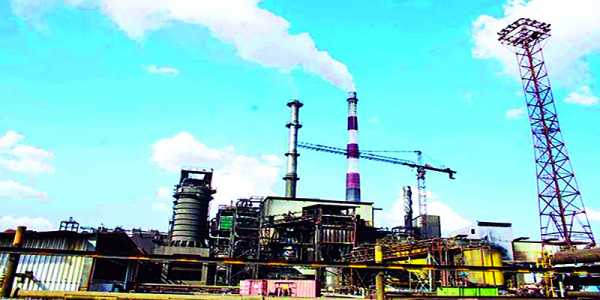SPEDU region is ripe for business - Sibanda
Director of Investment Promotion at SPEDU Benedice Sibanda has appealed to residents of Selibe Phikwe to cleanse their minds of the ‘mine era’ and start focusing on other avenues to diversify the SPEDU region as it commands tangible economic value.
He was speaking at the annual SMME Pitso hosted by Local Enterprise Authority (LEA) last week. Sibanda said that even though locals are not as forthcoming as they had anticipated to engage and to start businesses in the region, the zone is more than ripe for business activity.
“The SPEDU region is loaded with economic opportunities from Hospitality, to tourism, Recreation, Horticulture and Agriculture. Let us unpack what we have long neglected,” he said.
Sibanda noted that the SPEDU Region is strategically placed as the gateway into northern side of SADC Region through well-developed networks of roads, rail, air and commercial border infrastructure.
It also conveniently connects Botswana with the South African seaports, notably the renowned port of Durban through an excellent network of roads and up to five borders notably Platjan and Martins Drift border posts.
“This is to show that in terms of accessibility, the region puts any business at an advantage” he said. He implored locals to create demand and bring value propositions to start businesses.
“We at SPEDU have succeeded and continue to develop the region to better house local businesses, the land is ready for use, allocated and fenced, electricity has been provided, water is more than abundant, all that is left is for Batswana to come and do business.”
In fact, as an upside the region is home of five of the country’s major dams, the Thune Dam, Letsibogo Dam, Lotsane Dam, Dikabeya Dam and the Dikgatlhong Dam. It boasts highly fertile soils and a climate conducive for agriculture, especially horticulture production. The availability of land for industrialisation in Selebi Phikwe and the region, infrastructure resources, abundant natural attractions, flora and fauna, natural resources such as granite, sandstone, marble and silica sands open up opportunities for industrialisation.
However, Sibanda is not pleased on how government institutions work disjointedly saying this can cause sluggishness and discourage locals from benefitting from what the government has to offer.“It causes unnecessary delays that Motswana has to move from pillar to post to get services that could be boxed in one.” He urged institutions to come together to collaborate and serve Botswana better. A Youth Development Fund (YDF) beneficiary for example should be able to come to one place to seek assistance on what CIPA, SPEDU, BDC, CEDA can offer and in that way, “We as a country will better benefit as a whole, let alone the shift that could happen economically as this could be the push locals need to flourish”.
The economy of the town of Selebi Phikwe and its rural hinterlands historically relied on copper/ nickel mining and smelting since the inception of the town in the early 1970s. In order to diversify the economy, the Government of Botswana set up the Region as a Special Economic Zone with the intention to support industrialisation through the economic sectors of Tourism, Manufacturing and Agro-Business. This is in recognition of the inherent comparative advantages of the region evidenced by availability of ample surface and underground water resources. The region is located in the Central District of Botswana comprising four geographical areas of Bobirwa, Tswapong North, Sefophe, Mmadinare and Selebi Phikwe town housing a population of about 200,000 inhabitants.
Selebi Phikwe serves as the commercial nexus of the SPEDU Region with about 49, 411 people, making up approximately a quarter of the entire population of the Region.






